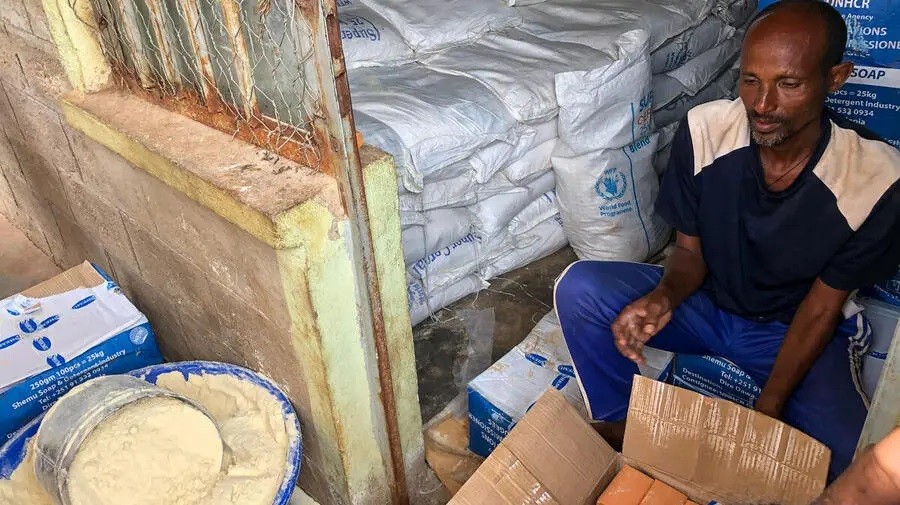 |
| Food distribution to Eritrean refugees in Adi Harush camp in Ethiopia. (Source: UNHCR) |
According to UNHCR's latest situation update, its mission in Ethiopia received $64 million by the end of May, only 15% of its needs.
Severe funding shortfalls are impacting health service delivery as UNHCR and partners will not be able to ensure continuity of health services for refugees and host communities unless emergency funding is secured.
Noting that referrals and medical orientation have been disrupted, UNHCR warned that if urgent needs are not met as soon as possible, nearly 1 million refugees and local communities will be without access to essential medicines.
“This is very likely to increase disease rates and exacerbate the already dire malnutrition situation in refugee camps, where one in two children under five is malnourished,” UNHCR said.
In addition, a “severe lack of aid” threatens to disrupt education for refugees in Ethiopia. UNHCR warns that without urgent aid, nearly 130,000 refugee students will be out of school before the end of the 2023 school year.
According to UNHCR figures, as of May 2023, Ethiopia had hosted 916,436 refugees, mainly from South Sudan, Somalia and Eritrea. More than 80% of the refugees were women and children, including a significant number of minors without parents or caregivers.
Source










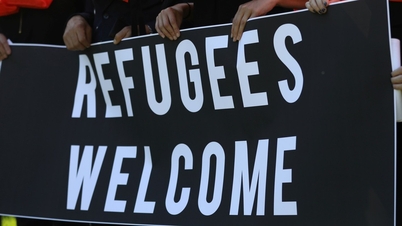
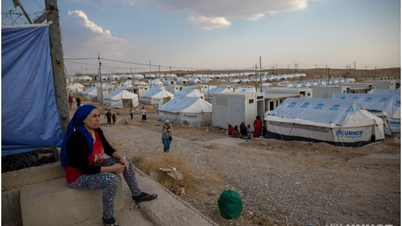

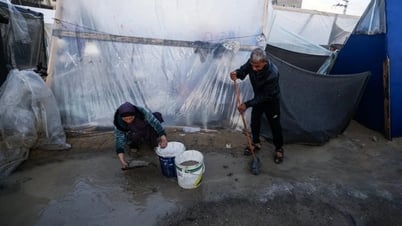

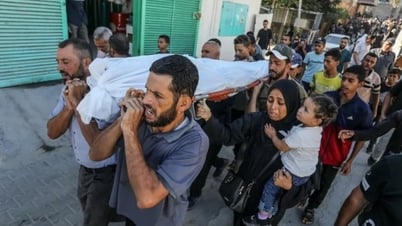


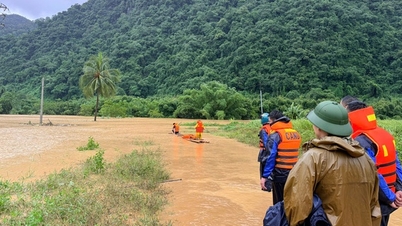





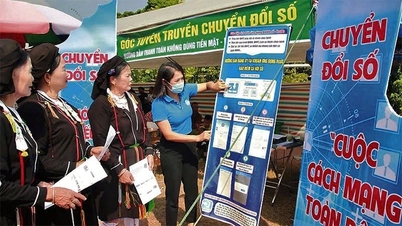







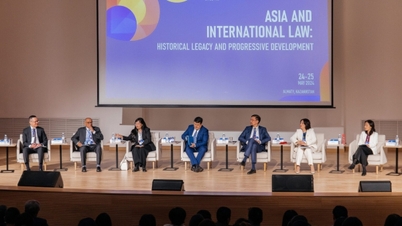
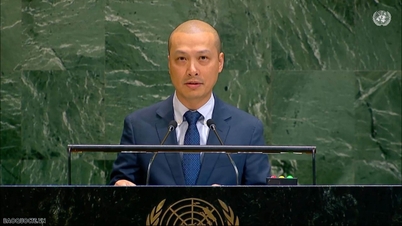
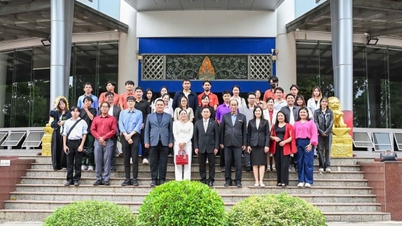


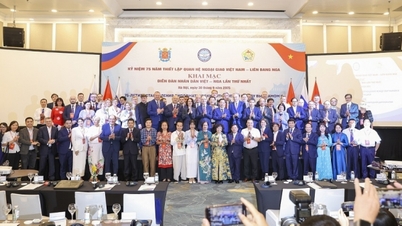











































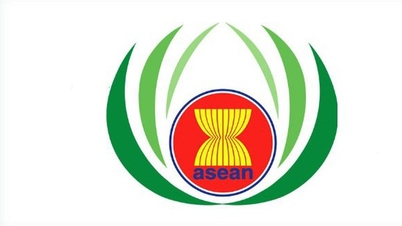

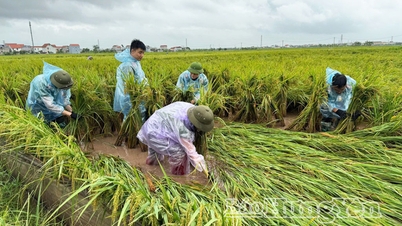




















Comment (0)